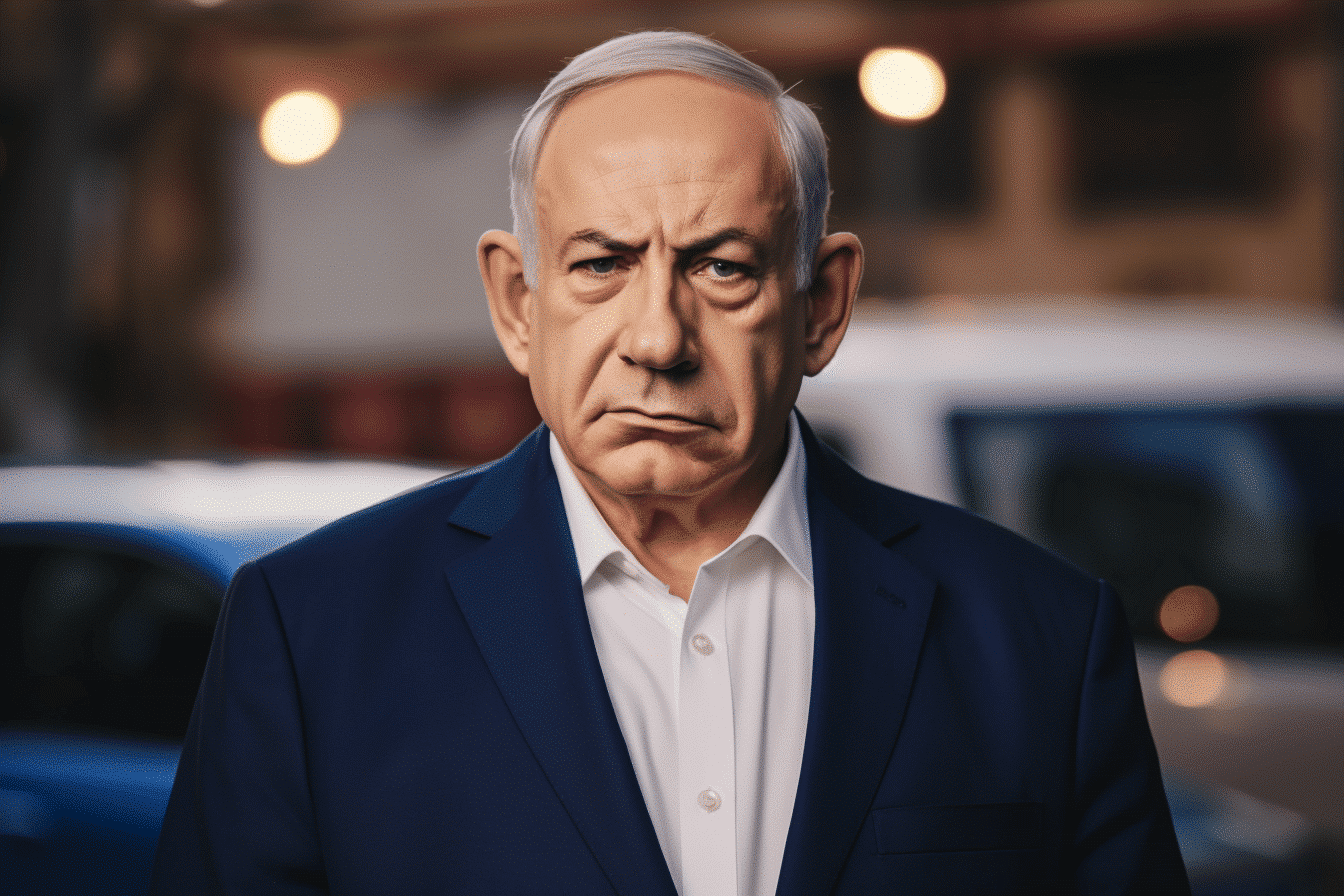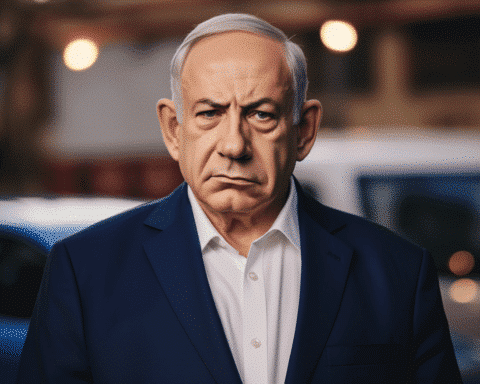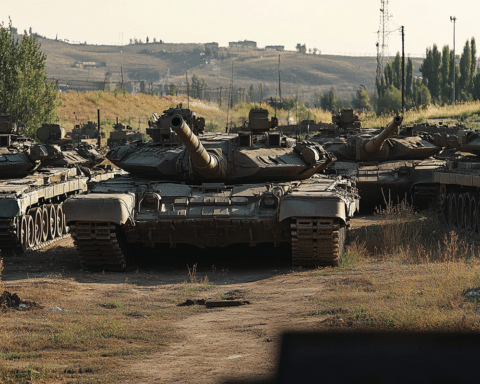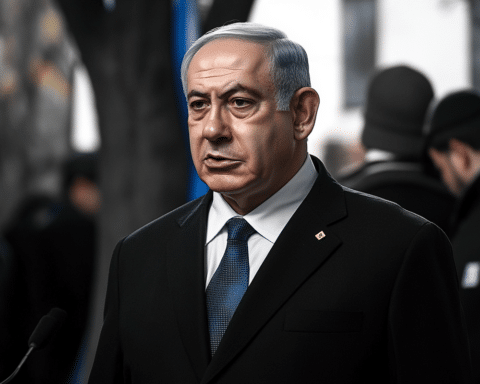As the Israeli military intensifies its encirclement of Gaza City and conflict rages on, the calls for a humanitarian pause grow louder from the international community. Yet, the Israeli Prime Minister, Benjamin Netanyahu, has firmly dismissed the possibility of a cease-fire in the conflict with Gaza’s ruling Hamas militants, citing the release of hostages as a prerequisite. This stand comes amid U.S. Secretary of State Antony Blinken’s pressing demands for Israel to ensure more humanitarian aid reaches Gaza and to increase efforts to protect Palestinian civilians.
The month-old war, triggered by a brutal assault from Hamas on October 7, has seen relentless violence that has raised concerns about the conflict spreading to other fronts. Echoing this anxiety, the leader of Hezbollah, Hassan Nasrallah, has promised more attacks along the Lebanon border, insinuating an escalation despite warnings from the U.S.
In his first public address since the war’s outset, Nasrallah declared Hezbollah’s active role in the conflict, with recent cross-border hostilities marking an unprecedented turn. Nevertheless, he did not signal a full-scale entry into the war. This uncertainty looms as the U.S. endeavours to prevent the opening of additional fronts in the confrontation.
Secretary Blinken, reinforcing America’s support for Israel’s self-defence, simultaneously underscored the urgent need for a “humanitarian pause.” Such a pause aims to facilitate aid deliveries to Palestinians amid the escalating humanitarian crisis in Gaza. Despite Blinken’s push for increased protection for Palestinian civilians, Netanyahu stands unwavering, intent on continuing Israel’s military offensive until the return of Israeli hostages is secured.
The situation is fraught, with Hezbollah attacking Israeli military positions, eliciting Israeli solid military retaliation. Israel’s military spokesperson, Rear Adm. Daniel Hagari, has stated a high state of alert, prepared to counter any incidents along the Lebanon border.
On the humanitarian front, the toll is harrowing, with over 9,200 Palestinians, mostly women and children, reported killed by the Gaza Health Ministry. The Israeli casualties stand at more than 1,400, predominantly civilians, from the initial Hamas assault.
Blinken’s current trip to Israel is part of a broader diplomatic effort following President Joe Biden’s suggestion for a fighting pause. The objective is to permit aid inflow and facilitate the departure of Palestinians with foreign passports and those injured. Despite some evacuations from Gaza, the Israeli stance on Biden’s suggestion remains publicly unaddressed, with Netanyahu having previously expressed opposition to any cease-fire.
As the battle draws closer to the densely populated Gaza City, fears of increasing casualties grow. The Israeli military underlines heavy losses on Hamas, while the militant group claims successful counters. However, verification from independent sources is lacking.
With the international community watching anxiously, the path toward a cease-fire remains uncertain, especially with no clear strategy for a post-Hamas scenario in Gaza. Meanwhile, civilians continue to bear the brunt of the conflict, trapped between the advance of military operations and the harsh reality of a city under siege.
The stark juxtaposition of Netanyahu’s resolute military strategy against Blinken’s calls for humanitarian relief highlights the complexity of achieving peace amidst entrenched hostilities. The situation in Gaza stands as a testament to the tragic human cost of war and the dire need for a solution that not only ends the current violence but also addresses the underlying issues perpetuating this long-standing conflict.




